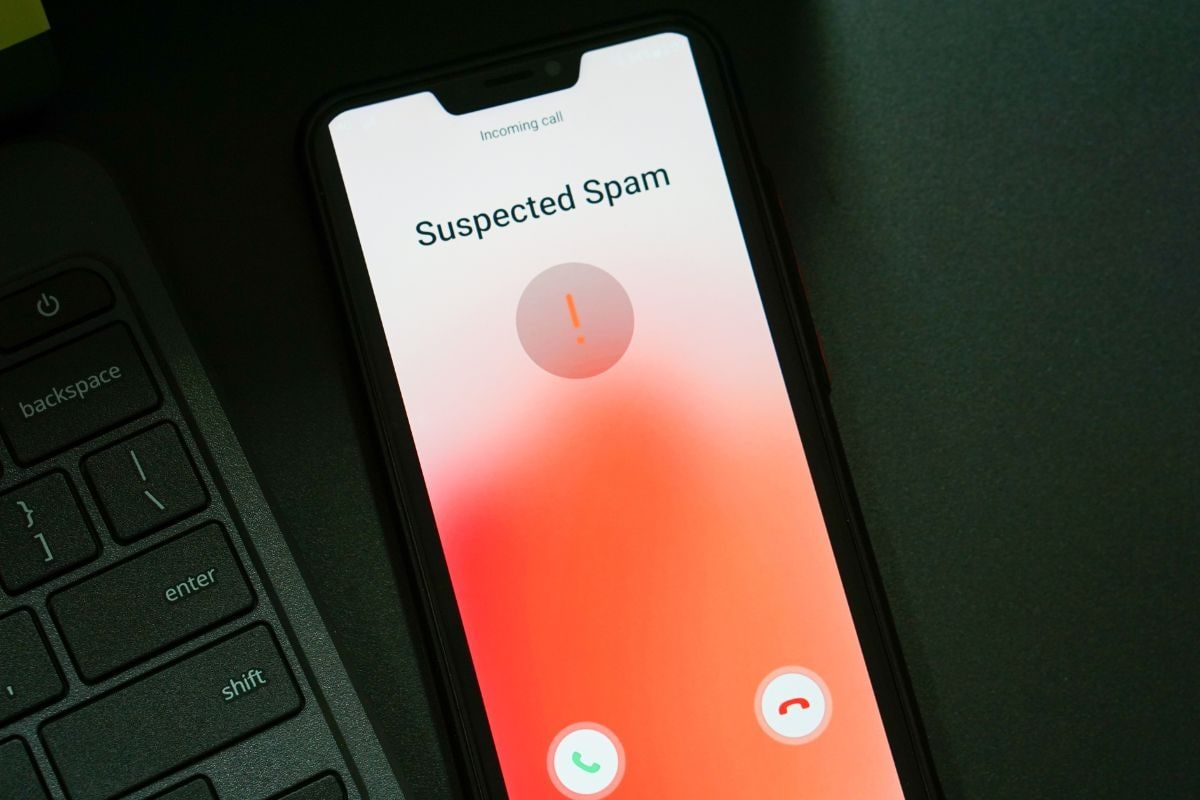Apart from spam calls, no messages containing URLs or APKs that are not whitelisted will be permitted for delivery
The Telecom Regulatory Authority of India (TRAI), in an effort to curb the growing menace of spam calls and messages, has designed new measures to make the telecom experience safer, with the rules coming into effect from September 1.
Next month onwards, TRAI has mandated that any entity found misusing its telecom resources for making spam calls will face severe consequences. These include the immediate disconnection of all telecom resources by the service provider and a two-year blacklisting from all telecom operators. This measure is expected to create a substantial deterrent against spammers who misuse SIP/PRI lines for unsolicited communications. These new regulations are aimed at ensuring better compliance by telemarketers and safeguarding consumers from unsolicited commercial communications (UCC).
Additionally, no messages containing URLs or APKs that are not whitelisted will be permitted for delivery. This move is aimed at blocking potentially harmful links often used by spammers to lure unsuspecting consumers into scams or downloading malicious software.
Telecom operators have been given a deadline of October 31, 2024, to complete the technical implementation of entity and telemarketer chain binding to ensure the traceability of message flows. This step will make it easier to track the origin of spam messages, further strengthening the regulatory framework.
During a recent parliamentary session, while responding to queries about spam calls, Dr Pemmasani Chandra Sekhar, minister of state for communications, highlighted the existing measures under the Telecom Commercial Communications Customer Preference Regulations, 2018 (TCCCPR-2018). The regulations allow telecom subscribers to register their preferences in the Do Not Call (DNC) Registry, either blocking all commercial communications or selectively blocking categories as per their preference. To date, around 22 crore subscribers have registered their preferences.
Despite these measures, unregistered telemarketers (UTMs) have found ways to bypass regulations, often using 10-digit numbers instead of the designated 140xxx series for commercial calls. The government has recorded a significant number of complaints against UTMs, with over 12 lakh complaints in 2023 alone. The minister stated that telecom operators have been taking action, including issuing warnings, imposing usage caps, and disconnecting repeat violators.
The government’s efforts to control spam have shown positive results, especially with the introduction of a separate 160xxx series for service and transactional calls by banks and other entities. Moreover, the deployment of AI and machine-learning systems by telecom operators to detect UTMs involved in sending UCC has further enhanced the effectiveness of these measures.
However, as per the minister, between January 2021 and December 2023, the number of customer complaints against registered telemarketers saw a notable decline, indicating the success of TRAI’s initiatives. Complaints dropped from over four lakh in 2021 to just under 1.4 lakh in 2023, reflecting a significant reduction in unwanted commercial communications.

